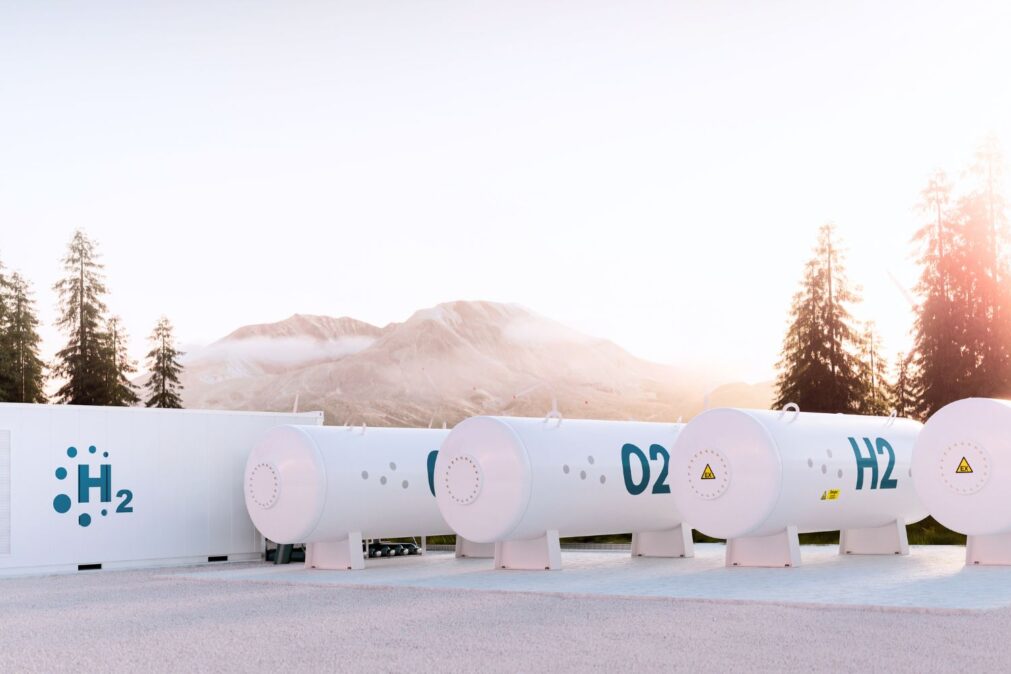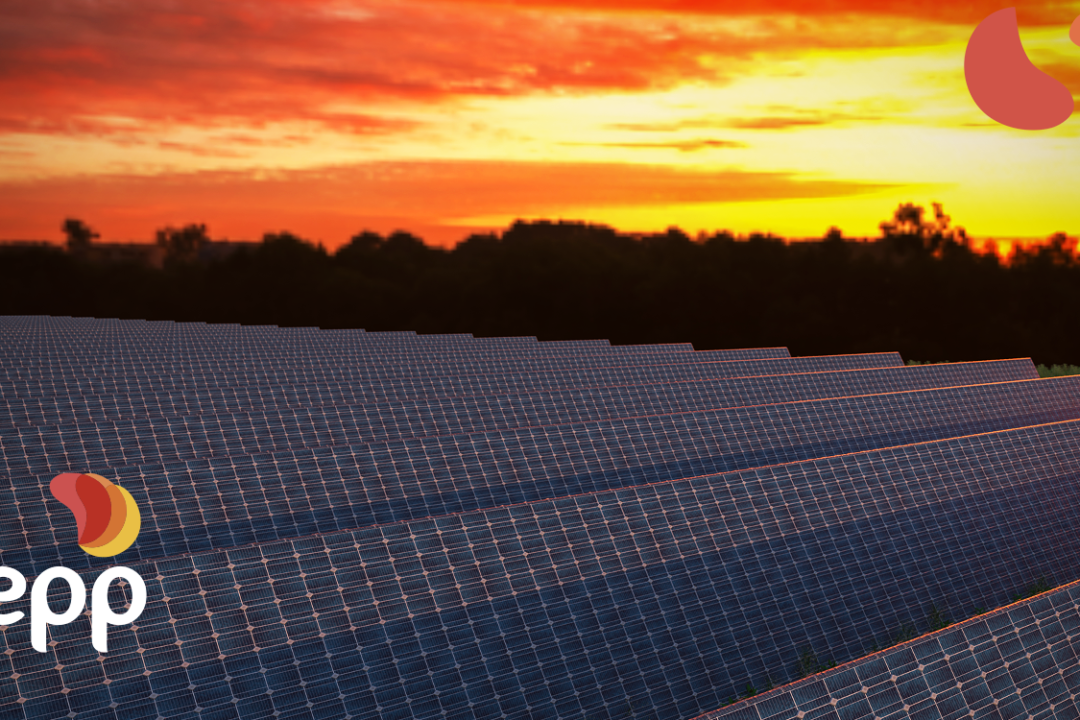Do you know what are the main types of renewable energy to invest in Brazil? Access the content and understand it better!
With the advancement of global warming, investments in types of renewable energy need to increase. According to the International Renewable Energy Agency (IRENA), renewable energy needs to be responsible for generating more than half of the world’s electricity, around 57%, by the end of the decade for climate security to exist.
In addition to being a great option for the environment, investments in renewables can generate up to 5 million new jobs worldwide. In a post-pandemic scenario, these numbers are important to drive economic recovery. Furthermore, when investors tie their investments to the energy transition, they are better prepared for new regulatory demands by countries and following trends.
Keep reading this content to better understand!
Renewable energy scenario in Brazil and worldwide
Brazil is already on track to fulfill its commitments regarding the reduction of carbon dioxide (CO2) emissions in 2020. Whether the voluntary national reduction or the parameters agreed in the Paris Agreement, since 2015 the percentages have been reduced and one of the reasons it is the adhesion and investment in renewable sources.
In the country, renewable sources reached a demand of almost 50% of the participation in the energy matrix in relation to 2018. This shows that the demand is growing and, therefore, investments must also accompany this development. The most used sources are hydraulic, wind, solar and bioenergy.
In line with this growth, the world invested US $ 282.2 billion in renewable sources in 2019. This amount is equivalent to a 1% growth compared to the previous year. Although the pandemic has put a brake on the investments planned for 2020, it is expected that in the next ten years this amount will be doubled.
3 types of renewable energy to invest
As the years go by, energy demand increases worldwide. On the other hand, there is a need to reduce the use of fossil fuels, so the most viable and efficient way out is to invest in renewables. In 2019, in Brazil, solar energy grew 92% and wind power 15%, so these options stand out as sources to invest. Understand better!
Solar energy
Solar energy consists of harnessing sunlight with the aim of transforming it into electricity. It is considered renewable, as long as there is incident sunlight, there is the possibility of capturing energy. In addition, it is also considered sustainable energy and has a low environmental impact.
Only in 2019 the installations of clean energy plates tripled in Brazil. According to ABSOLAR – Brazilian Association of Photovoltaic Solar Energy -, between January and May 2020, more than 1 gigawatt of photovoltaic solar generation was installed, making the country reach the 5.5 GW power mark.
Wind energy
Wind energy uses the strength of the winds to produce energy. Large pinwheels are installed in areas where the movement of air masses is intense and constant. When rotating the propellers, the turbines are moved and drive the generators.
Its importance has grown in recent years, mainly in Brazil, as the winds here are stable, with certain intensity and without sudden changes in speed or direction. Another advantage is that wind energy is a sustainable source, that is, it does not emit pollution in the atmosphere.
In 2019, the wind industry invested over 13 billion reais in Brazil, increasing generation by 15%. On a monthly average, the energy produced here could supply almost 30 million homes or 86 million people.
Biomass
Biomass is all organic matter, such as agricultural and forestry, urban and industrial waste. To generate energy from it, this material is used as fuel for burning. The use of this energy is fundamental for the development of more sustainable and cheaper energy alternatives. In addition, it is from biomass that ethanol, biodiesel and biogas are generated, which reduce the consumption of fossil fuels.
Therefore, investing in these types of renewable energies means being connected to the trends of the future and following the development of the market. After all, in addition to government programs, the private sector is also working on the transition to cleaner fuels.
If you are interested in the subject and want to invest in any of these types of renewable energies, contact us and learn more!






